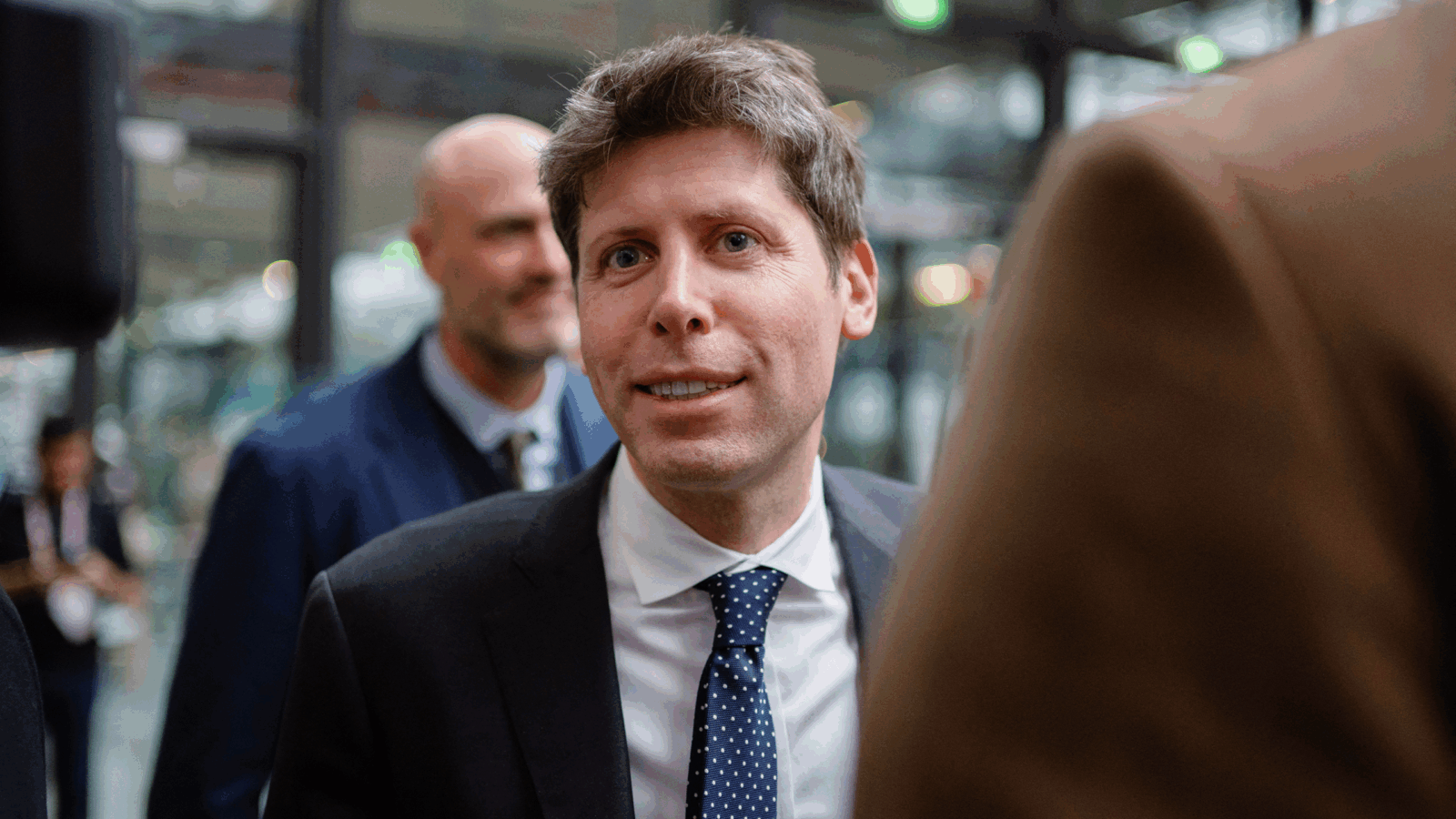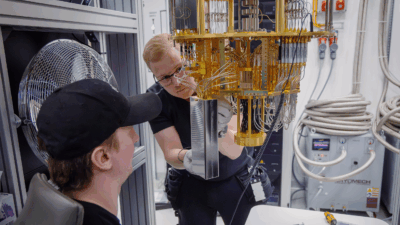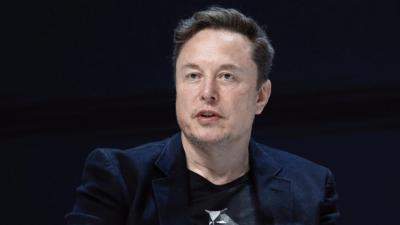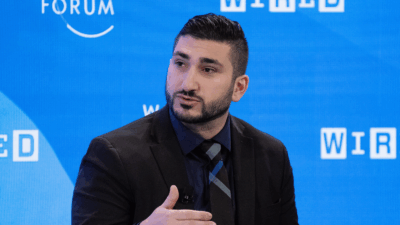
Sign up for smart news, insights, and analysis on the biggest financial stories of the day.
Peter Thiel once famously said, “death is a problem that can be solved.” Jeff Bezos seems to agree.
The world’s richest man this week threw more money behind an obsession among some billionaires: the quest to defeat aging. Bezos’ horse in the race is Altos Labs, a promising young startup trying to reverse aging by reprogramming human cells. But his investing track record in the area leaves a lot to be desired.
Not Wasting Any Time
Altos is banking on biological reprogramming, a technology that rejuvenates cells in a lab, which experts think could eventually help revitalize entire bodies.
The firm emerged out of a series of three-year, $3 million grants to longevity researchers by Yuri Milner, another middle-aged billionaire. When it became evident that a dedicated, well-funded startup could pursue research more efficiently, Altos was born in the spring of 2021. And the company hasn’t stopped growing since, poaching a who’s who of the world’s top longevity scientists:
- Nobel winner Shinya Yamanaka, who discovered reprogramming, has agreed to chair the firm’s scientific board.
- Biologist Juan Carlos Izpisúa Belmonte, who controversially mixed human cells into monkey embryos, is leaving the prestigious Salk Institute to join Altos. And UCLA’s Steve Horwath, who developed a “biological clock” that measures changes in a person’s DNA and can predict how long they will live, is also on board.
Crowded Field: Despite Altos’ distinguished personnel and adequate resources, many funded startups are already developing reprogramming technology, including Life Biosciences, Turn Biotechnologies, AgeX Therapeutics, and Shift Bioscience. None, however, have thus far produced treatments that advanced to human clinical trials.
Bad Bets: The track record of billionaire-funded firms with lofty goals for human longevity isn’t particularly stellar. Bezos and Thiel previously backed Unity Biotechnology, which last year failed its first major study, canceled its main anti-aging program, laid off 30% of its staff, and shifted its focus to ophthalmology and neurology.
Meanwhile, Alphabet’s longevity science subsidiary Calico Labs made headlines in 2013 when, similar to Altos, the firm hired elite scientists and lavished them with enormous research budgets. So far, Calico has produced no major breakthroughs and two of its top scientists jumped ship for greener pastures.











